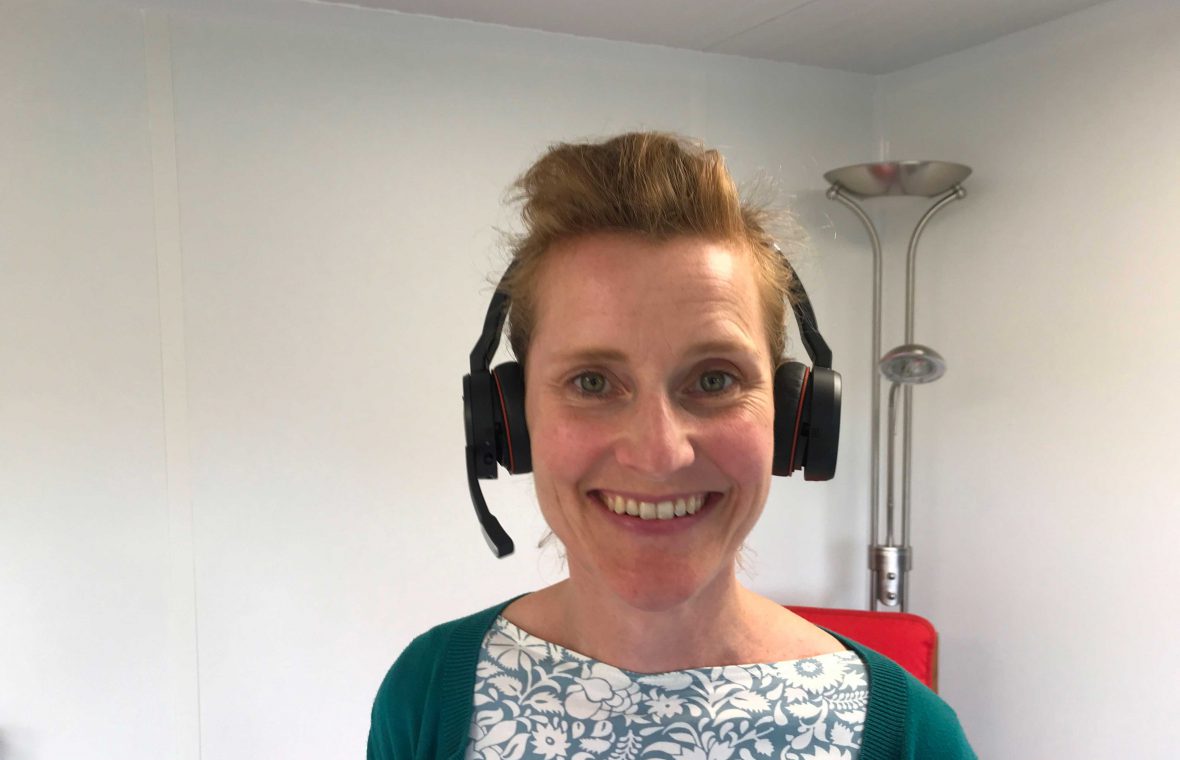One of the reasons some of my relationships have gone awry and friendships have fizzled is because I wasn’t good at taking feedback or criticism. I BIG TIME didn’t know I had a choice over how I reacted.

I used to blame my first boss for dropping a feedback bomb on me when I was a tender 23-year-old. But it didn’t matter what triggered it: I had a physical aversion, would drive 100 miles in the other direction at the faintest hint of a direct conversation about how I was behaving.
Then my business partner came along
And he is the most direct, say it how it is person I’d ever met. I remember the first time he said: ‘If you’re going to keep talking about that problem and not doing anything about it, I don’t want to hear about it anymore.” I was gobsmacked.
What?! But talking about how difficult it is getting x done or how hard it is dealing with y is what I do! I didn’t say anything though, instead I had a bit of a sulk and eventually got over it.
And little by little I started to get better at dealing with feedback.
So, how did I improve?
Well for a start he wasn’t going to stop being direct just because I was a sensitive flower. So I had plenty of practice working on my coping strategies.
Next, I read a Harvard Business Review called Find the Coaching in Criticism and it was a game changer. Turns out: helping people receive feedback effectively is potentially more important. There were a ton of tips on understanding your triggers and working out how to use the feedback usefully.
I then got trained to interpret Emotional Intelligence using an Emotional Capital Report and realised I wasn’t so great on my straightforwardness – but I was strong at building relationships. This slight imbalance meant I found it tough to have direct conversations if I felt the relationship would suffer. I realised this was faulty thinking – and avoiding direct conversations could have a corrosive effect on relationships (note the first line of this article). I read up on feedback models and started practicing and I realised that feedback is all about having a two-way conversation.
The So What? feedback model will help you structure that conversation.
What? Name the behaviour “Recently I noticed….”
So What? Identify the impact of their behaviour that they may not realise “I felt/thought…”
Now What? Your invitation or curiosity “My request is…how might we…? what did you intend? what have I missed?”
And if you still need convincing that people want to hear your feedback, check out the research in my article: How to give feedback
And what was the impact?
I can honestly say it’s been the most powerful lesson I’ve ever learnt.
Having direct conversations, about the stuff that matters, with the people who are important – has been key in all areas of my life. And it’s one of my superpowers as a coach. I’m able to tell my clients how they come across, how things they say have made me feel, the impact of the language they use (which is a pretty way of calling out any BS I spot), and all sorts of ‘in the moment’ feedback that they literally never hear from anyone else.
And I positively fling my arms open at the very hint of criticism…….OK scratch that. I still find it hard to hear someone start a sentence with ‘actually a bit of that coaching session didn’t really work for me …’. It doesn’t happen that often (because I’m awesome of course 😊) but also because I have to train my clients to find the words to say the less than positive. And when they do put it into words it’s a win: win.
Because the thing is, I mostly remember all the negative but constructive comments. They’ve been particularly helpful for my development as a coach. And all the praise has washed over me – like a nice warm shower, but was quickly forgotten nonetheless.
What’s next for me?
I’m pretty much sorted at receiving feedback. I know my tendencies, and my instincts are more towards curiosity and what this is saying about the whole system I’m working in – rather than taking it too personally.
However, I still struggle having direct conversations with my beloved friends – especially those friends who are really direct with me. But I’m working on this and practicing direct honesty as often as my people pleasing self will allow.
If you want to talk about your feedback tendencies or how feedback is handled in your organisation then contact me for a chat.
